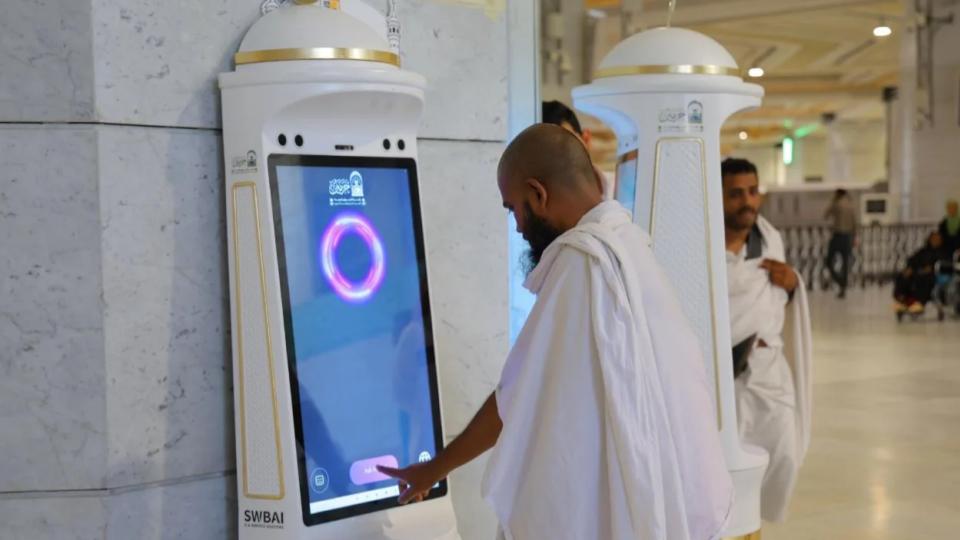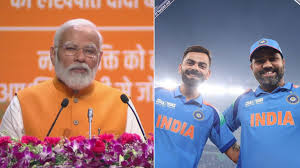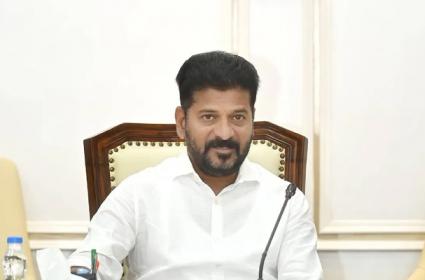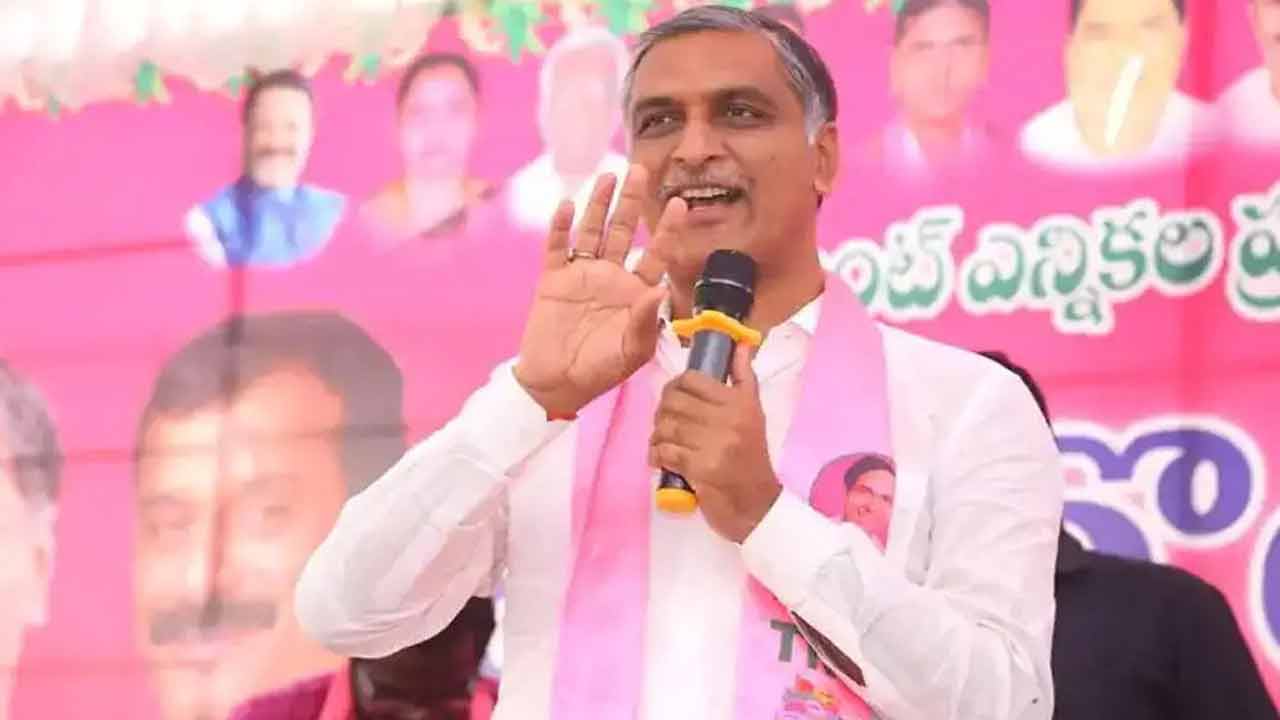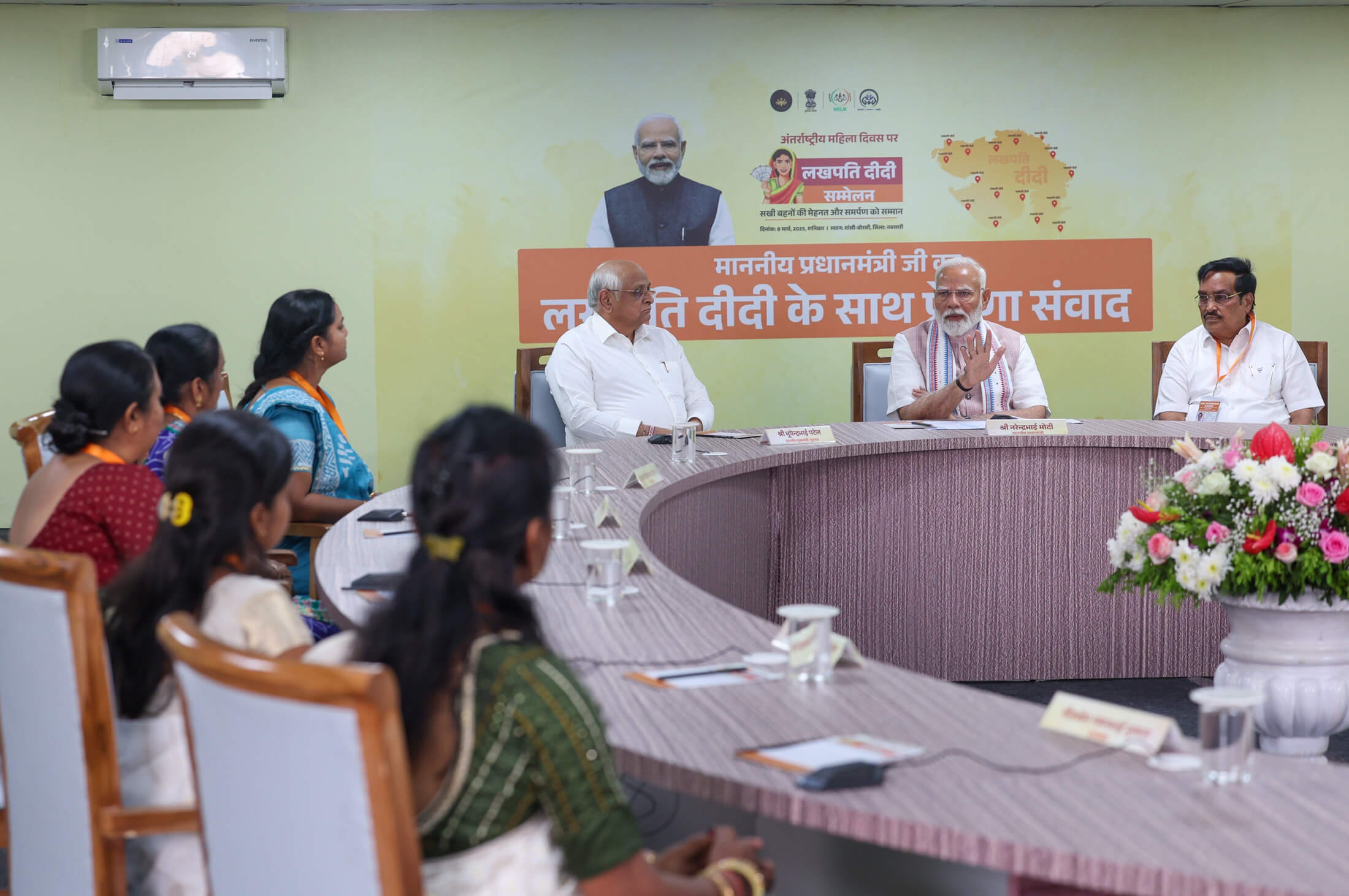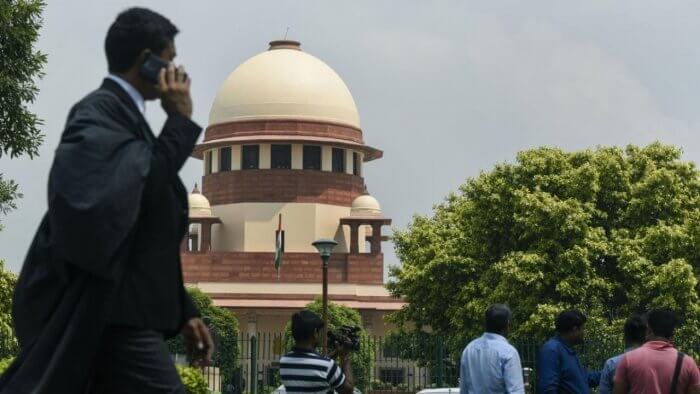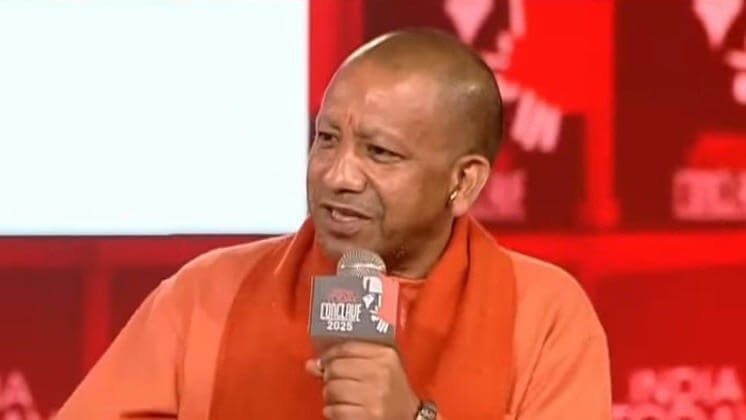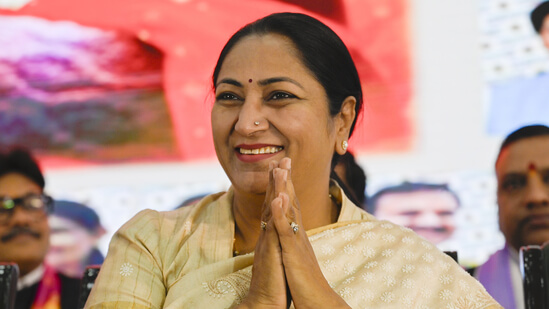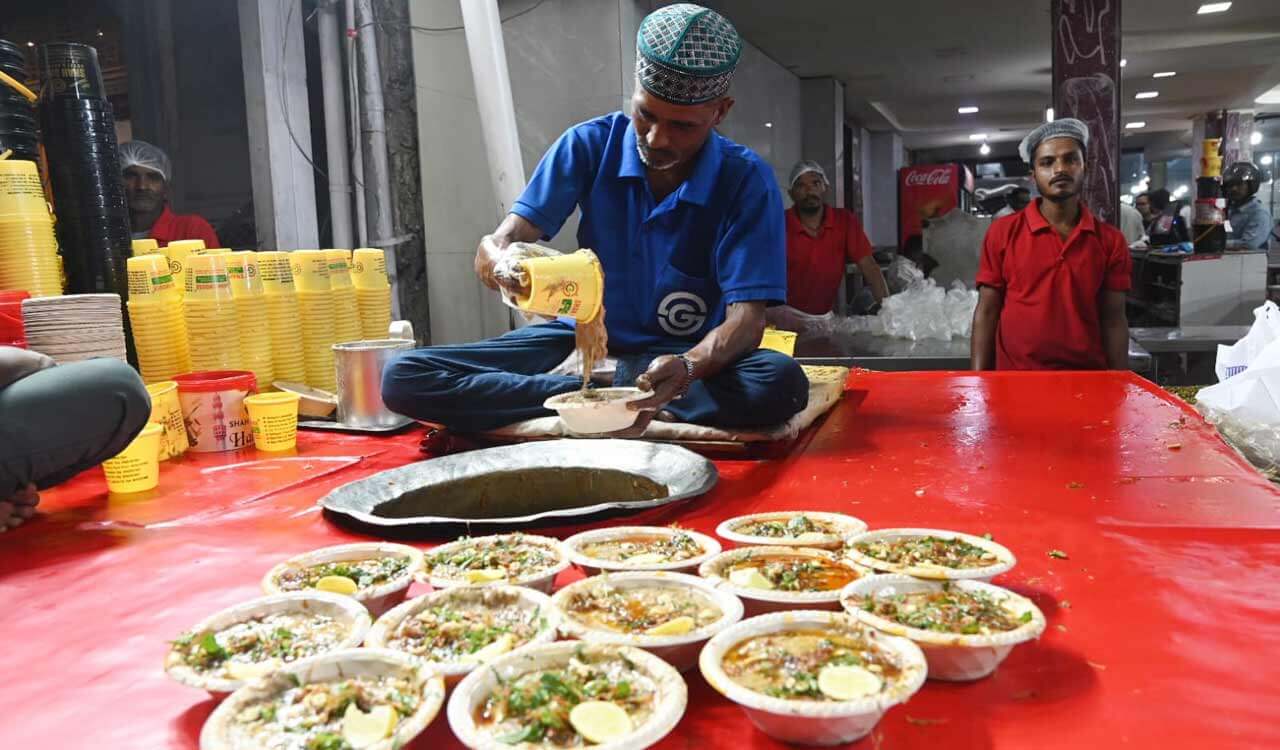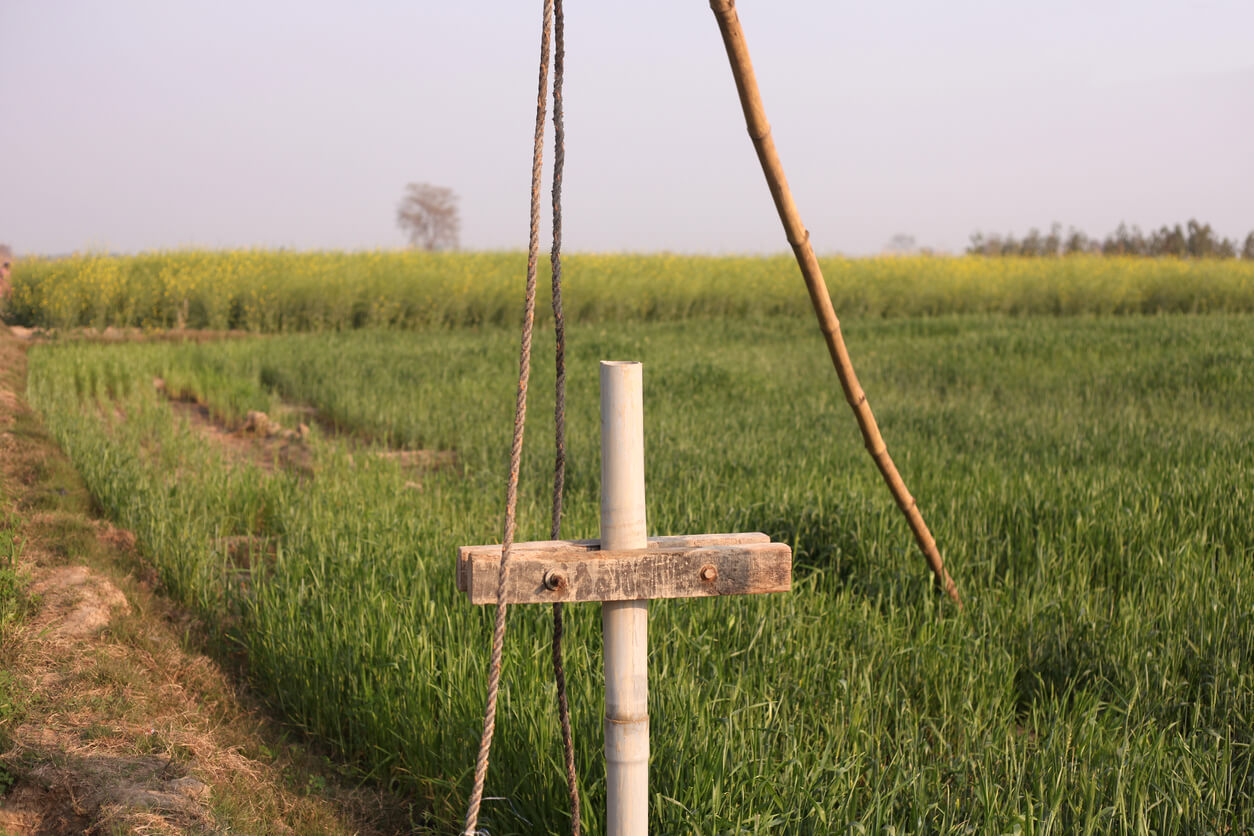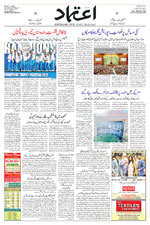Nigerians push to end police brutality after global George Floyd protests
Sun 23 Aug 2020, 16:31:13
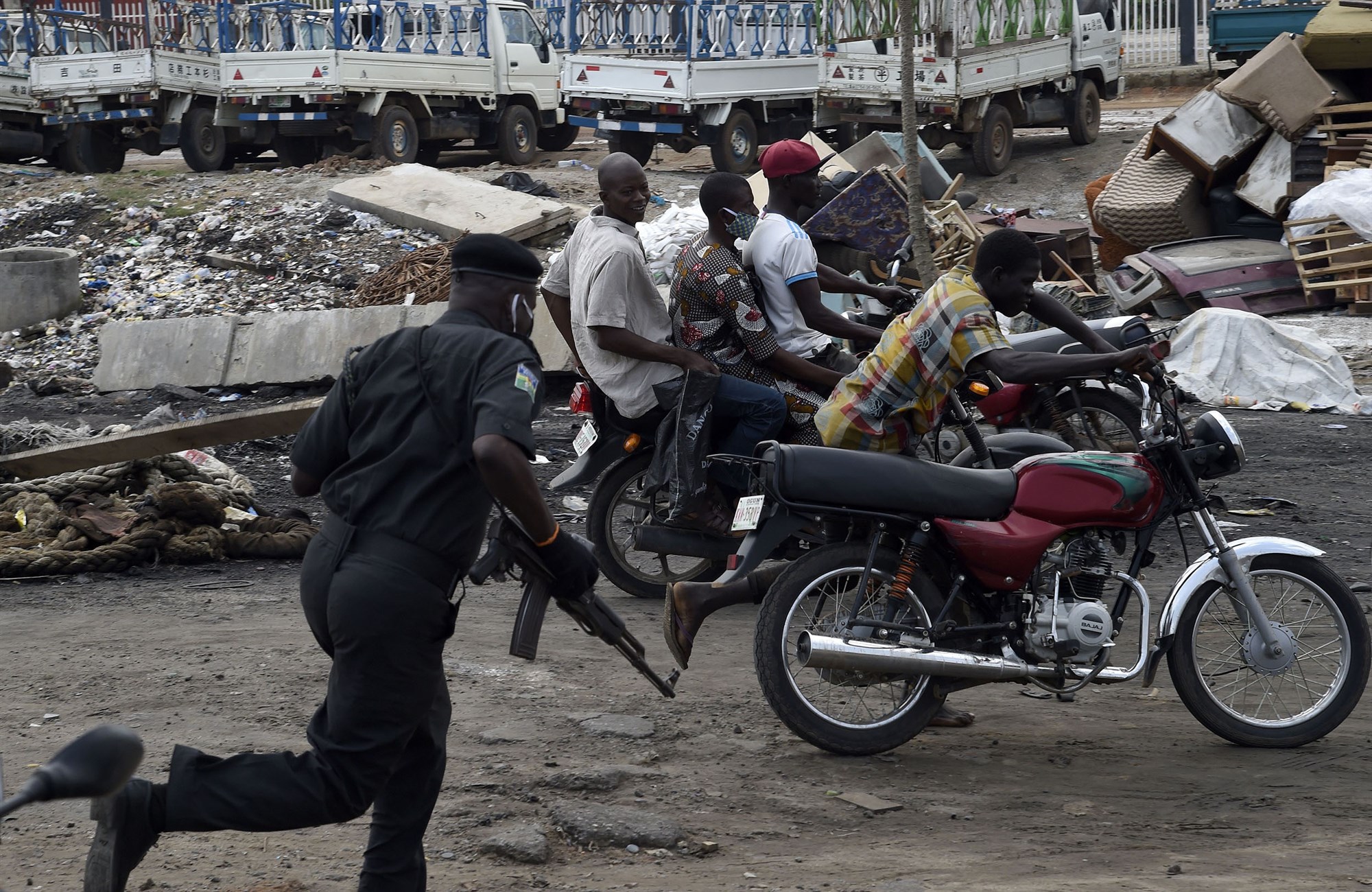
As incidents of police violence against Black people spark outrage in the United States, campaigns against police brutality across Africa have also gained traction. Protesters in some of the continent’s most populous countries — Nigeria, Kenya and South Africa — have rallied outside the respective U.S. embassies there to condemn the death of George Floyd.
In Nigeria, Africa’s most populous country with roughly 200 million people and one of the largest youth populations in the world, a report by the National Human Rights Commission found that in the first two weeks of the country’s coronavirus lockdown in March, more people died at the hands of the security forces than from COVID-19.
The report documents 18 extrajudicial killings during those two weeks, a period during which Nigeria had just 11 COVID-19-related deaths, and in total during the country’s five-week lockdown, 29 extrajudicial killings were documented.
As a director in Nigeria’s booming Nollywood film industry, Lanre Adediwura is a man of privilege and standing. That didn’t stop him feeling victimized by the country’s notorious police.
When he was pulled over last year on a road into Lagos, Nigeria’s largest city, Adediwura expected his interaction with police to be quick and uneventful. Instead, according to his account, he and his pregnant friend ended the day at a police station, beaten and arrested.
Adediwura said he was driving to a rehearsal in April 2019 when he picked up his friend at a bus stop on a busy city road. As he merged back into traffic, a tuk-tuk — or three-wheeled vehicle — carrying four police officers pulled him over, he said.
One of the officers, a woman, got into the passenger seat of his car and told him he was being arrested for blocking the entrance to a bank, he said. They argued, and Adediwura said an officer pinned him to the steering wheel. His friend in the back seat shrieked and the policewoman hit his friend in the face with her elbow.
Adediwura said he and his friend were arrested for assaulting the female police officer. After the ordeal, he was left with a broken windshield and bruises on his face, he said. His friend sustained an injury to her face, as well, he said.
“I had to sell my car because every time I drove it, I remembered my nightmare experience with the police,” Adediwura, 36, told NBC News by phone from Lagos State, Nigeria.
The case went to court, but Adediwura said the magistrate threw the case out because the police did not attend the court session.
NBC News was not able to independently verify Adediwura’s account. Nigerian state police did not respond to numerous telephone and email requests from NBC News for comment about Adediwura’s allegations.
Reports of police brutality have been seized by those trying to push police reform to highlight what they say are abuses on their own soil.
Segun Awosanya, a civil rights and social justice advocate who founded the Social Intervention Advocacy Foundation in Nigeria, said he was not surprised by the commission’s findings.
“We are asking police officers to add lockdown enforcement to their duties even though they were already failing in their normal day-to-day duties,” he said.
In countries that are predominately Black, police brutality isn’t rooted in racism, Awosanya said, but rather stems from the history of colonialism, which focused “on the protection of the ruling elite.” This problem is compounded by underfunding and lack of training, he said.
In late July, the Nigerian police force released a statement online saying it had arrested three police officers and one civilian alleged accomplice for the “dehumanizing treatment” and harassment of a woman in a viral video.
In the video, the local police officers in the city of Ibadan, speaking in Yoruba, asked a woman inappropriate questions about her relationship with an armed robbery and kidnapping suspect, following a raid at his house — including queries about whether the suspect had taken her virginity and whether he was her sugar daddy.
Police said the three police officers were arrested for their role in the “discreditable conduct and incivility to a member of the
public.”
public.”
According to a report put out in June by United Kingdom-based human rights group Amnesty International, there have been at least 82 cases of torture, ill-treatment and extrajudicial execution by the Special Anti-Robbery Squad within the Nigerian police force between January 2017 and May 2020. The anti-robbery unit is commonly known as SARS.
“SARS officers have turned their duty to protect Nigerians into an opportunity for extortion and stealing money, property and other valuables belonging to suspects and their families,” Amnesty International wrote.
The report is based on five field research missions carried out by its researchers in Nigeria between January 2017 and February 2019. They interviewed 82 people, “including victims, journalists, human rights defenders, witnesses of abuses, relatives of victims and lawyers,” the report said.
Since 2017, human rights activists, including those at Amnesty International Nigeria, have called for the dissolution of the unit, but it continues to operate. In January last year, the Nigerian police tweeted that it was working to reform SARS and told the Nigerian public to be “patient.”
The Nigerian police force that oversees SARS did not respond to NBC News’ request for comment about the criticism.
Police misconduct is not limited to Nigeria.
On the other side of the continent, in Nakuru County, Kenya, three police officers were arrested in June after a video showing men dragging a woman behind a motorcycle and whipping her went viral on social media, sparking outrage across the continent. The Directorate of Criminal Investigations in Kenya released a statement online confirming that “the suspects are in lawful custody helping with further investigations into the matter.”
In South Africa, a country with racism deeply rooted in its history, protests were underway in June over the death of a man who was being taken into police custody. The country’s police watchdog, the Independent Police Investigative Directorate, told NBC News that during the coronavirus lockdown, it received 588 complaints of excessive police force and was investigating 11 deaths from police action.
One of the root causes of police brutality in Nigeria lies in the history of how policing agencies were first formed, said Awosanya, the Nigerian civil rights advocate.
“Most of the policing system we have across the continent is the system that was put in place during colonialism,” he said. The Nigerian government still relies on the law enforcement principles established during European rule, he said.
Policing in the colonial era was designed to “protect the rulership and not the ruled,” Awosanya said. Even today, police in Nigeria work for the people in power, he said, an idea that echoes the practices of European colonialist powers from 60 to 100 years ago.
A report this year by Awosanya’s foundation said that of the more than 371,000 police officers in Nigeria, about 100,000 are now assigned to provide security for the elites instead of looking after regular duties.
The spokesperson for Amnesty International Nigeria, Isa Sanusi, agreed, telling NBC News that in Nigeria, the policing system carries on the legacy and the impunity of the colonial era — and this is “partly the reason why the police are now more known for their brutality.”
But colonialism isn’t the sole source of police violence in Nigeria.
Lack of funding for the police breeds corruption, and there is a dire need for adequate training and pay for officers, according to Awosanya.
He said the entire Nigerian national police needs reform, not just the SARS unit. There have been attempts to reform the police force in the last 10 years, he said, but “every attempt to execute or implement police reform, restructuring, re-equipping the Nigerian police always fails due to lack of political will of the government and the people.”
Community policing initiatives must also be adopted to encourage police to build a relationship with the public they serve, Awosanya said. Those changes, he said, can’t happen without the support of lawmakers.
“Things have to change,” Sanusi said, “and policing must have a human face.”
No Comments For This Post, Be first to write a Comment.
Most viewed from International
Most viewed from World
AIMIM News
Delhi Assembly polls: Owaisi leads Padyatra in Okhla
Feb 01, 2025
We reject this Waqf Amendment Bill: Asaduddin Owaisi
Jan 30, 2025
Latest Urdu News
Most Viewed
May 26, 2020
Which team will win the ICC Men's Champions Trophy 2025 held in Pakistan/Dubai?
Latest Videos View All
Like Us
Home
About Us
Advertise With Us
All Polls
Epaper Archives
Privacy Policy
Contact Us
Download Etemaad App
© 2025 Etemaad Daily News, All Rights Reserved.

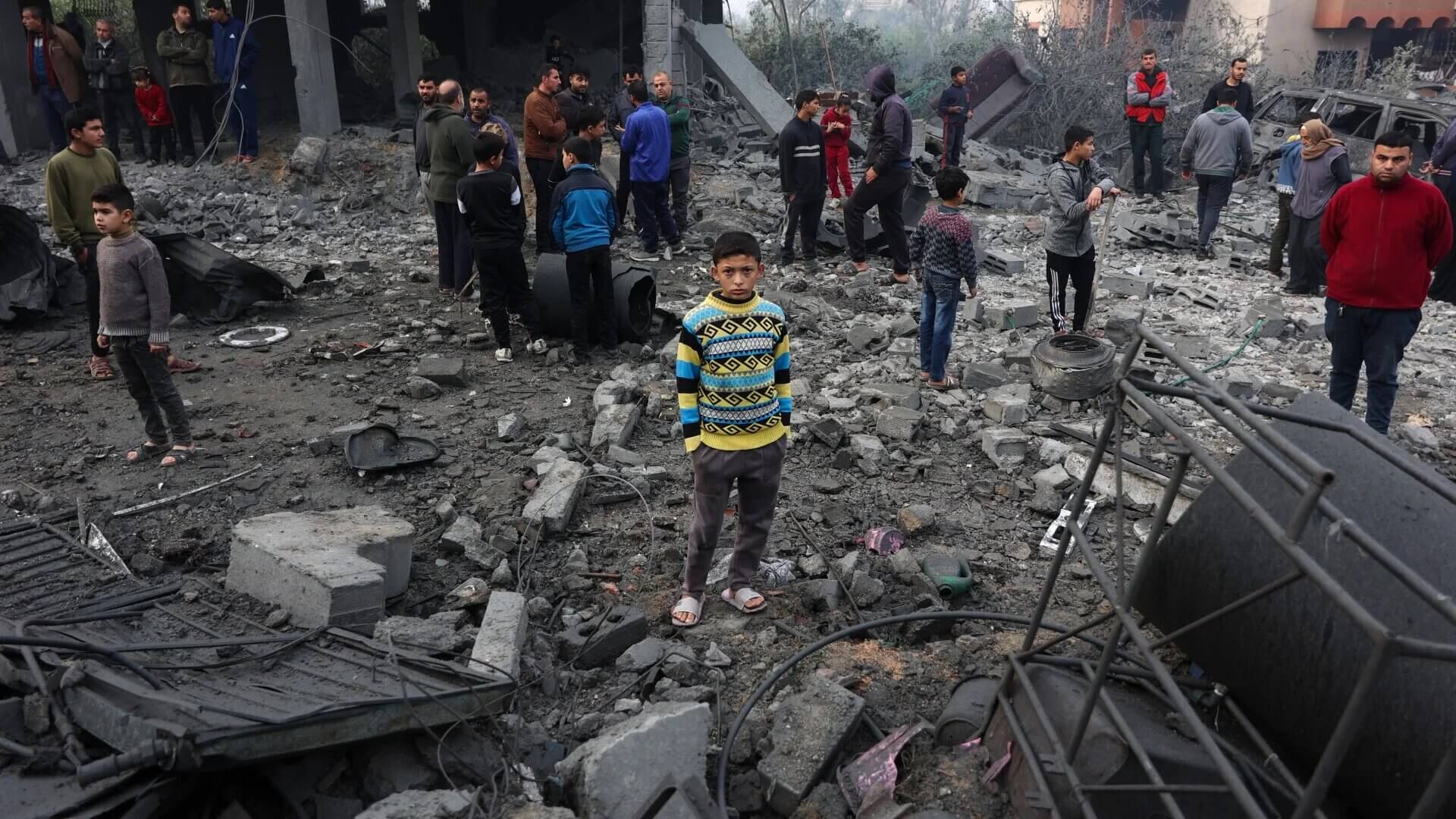
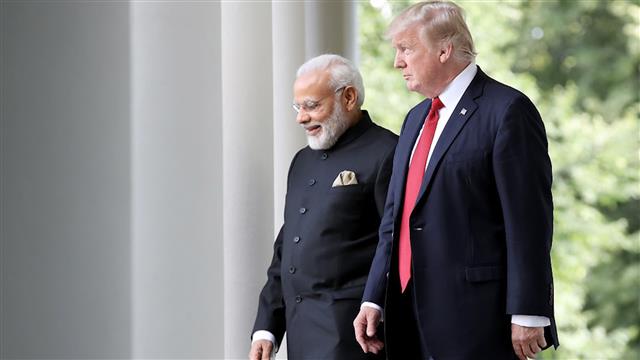
.jpg)
.jpg)
.jpg)
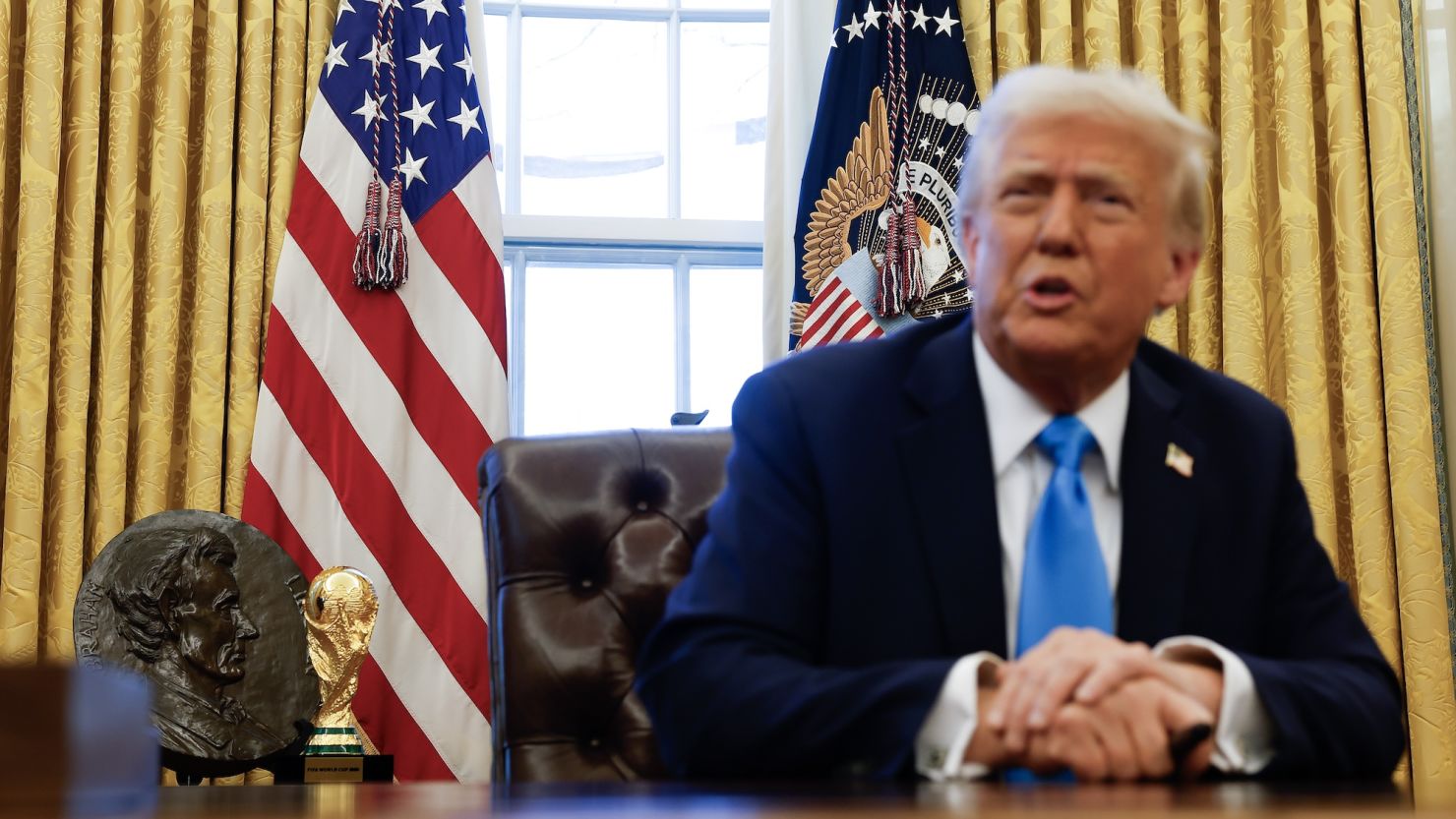
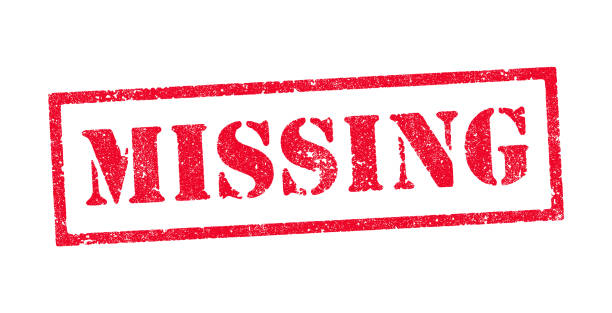
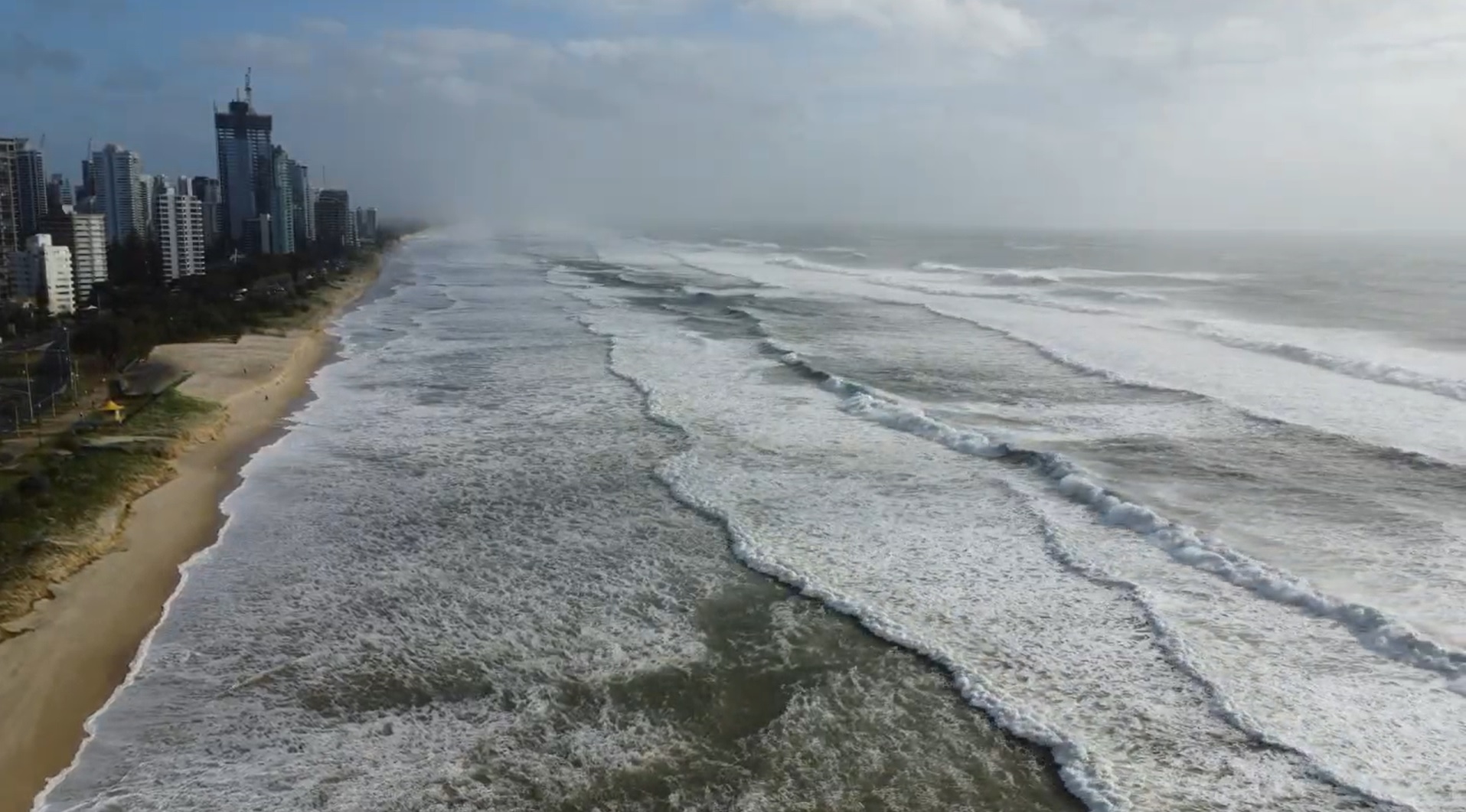

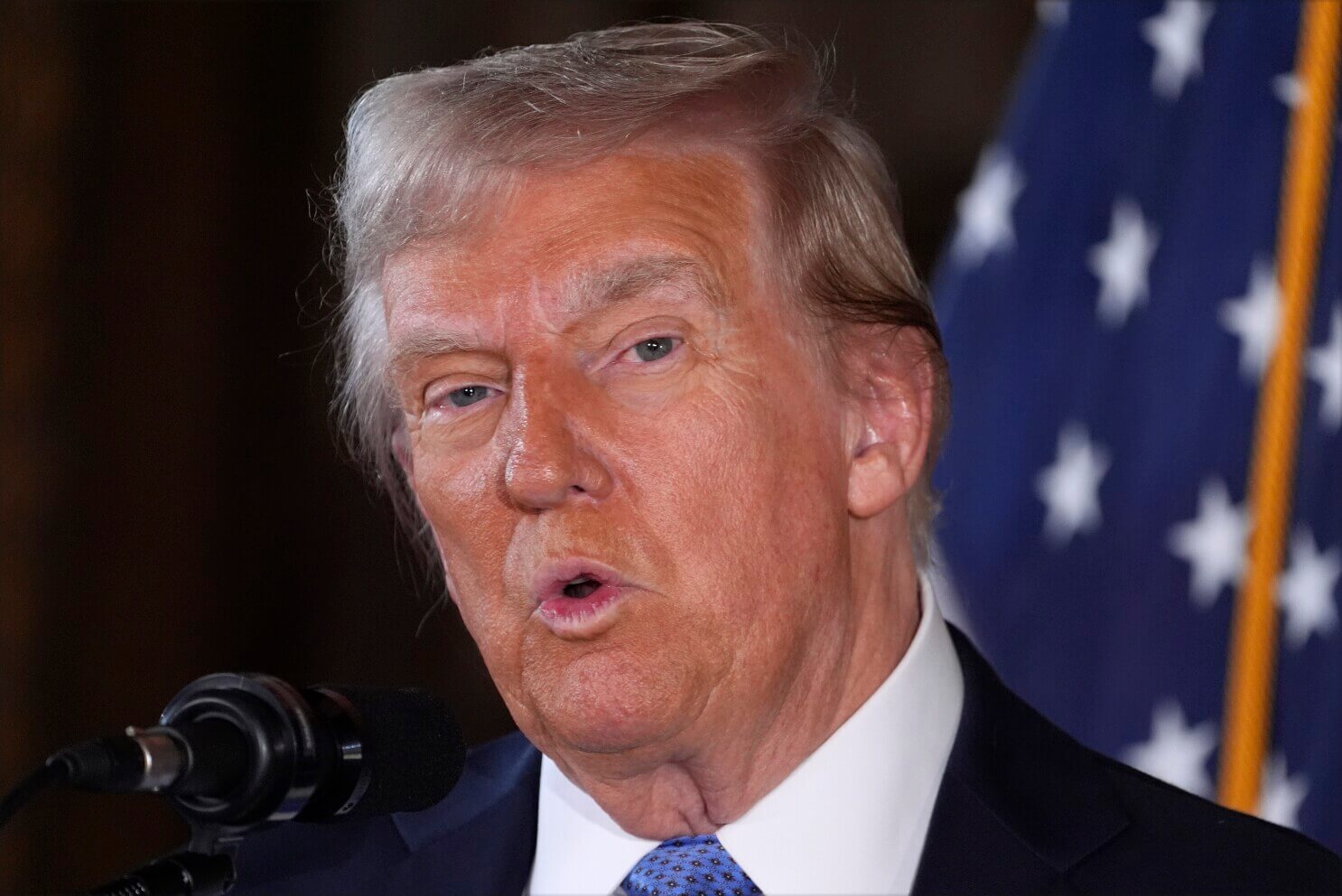
.jpg)
